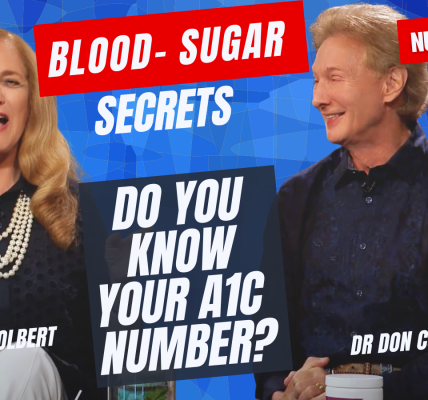“A generous person will prosper; whoever refreshes others will be refreshed.”
-Proverbs 11:25
In recent years many studies have suggested a link between generosity and happiness. However, the neurobiological mechanism responsible for this connection has remained elusive.
Until now.
The Neural Link
The journal Nature Communications recently published a paper titled “A Neural Link Between Generosity and Happiness.” The paper reports findings from a study conducted by researchers from the University of Zurich in Switzerland.
The study found that participants who committed to practice generosity scored higher in markers of self-reported happiness. What’s more, the increase in happiness was strongly correlated on a neural level to specific changes in activity in key areas of the brain.
Thorsten Kahnt, PhD, assistant professor of Neurology in the Division of Comprehensive Neurology, co-authored the paper.
According to Kahnt, “there have been reports that people who spend money on others are happier, but it was always unclear why that is the case. This paper reveals the neural mechanism for why these two concepts are related.”
The Experiment
Researchers recruited 50 participants who were told that they were to each receive 25 Swiss francs (around $25 U.S. dollars) every week, for four weeks. Each participant was then randomly assigned to one of two groups.
One group served as a control group, and each member pledged to spend the money on themselves. The second group was populated by participants who pledges to spend the money on other people.
Each participant was then asked to complete a seemingly unrelated task where they had to make decisions benefitting either themselves or others. During this process, researchers measured the participants brain activity using functional magnetic resonance imaging also known as “fMRI.”
The Results
The results showed that those who were asked to use their money on others made more generous decisions when faced with the unrelated decision-making task. Those who were told to use the money on themselves did not show this increase in generosity. Additionally, when subjective happiness levels were measured post-experiment, those in the generosity group reported much higher levels of happiness.
However, the most significant finding of the study was that the increased happiness of the generosity group tightly corresponded to the findings garnered through the fMRI measurements.
The researchers discovered that, when making generous decisions, the generosity group exhibited significantly increased activity in a region of the brain called the temporo-parietal junction (TPJ). The control group did not exhibit this increased activity. Generally, the TPJ is correlated with social cognition and empathy.
The research also found that the generosity group showed an increase in connectivity between the TPJ and another part of the brain called the ventral striatum. The ventral striatum is known to be related to reward and happiness.
“The connectivity between these two parts of the brain was modulated by the generosity that subjects showed in the experimental task,” said Kahnt. “And what’s interesting is that the signal of the striatum itself was directly related to increases in happiness.”
The Divinity of Generosity
Generosity is one the core teachings of Christ. Christians have always known the value of generosity, and now science is finally catching up.
“Each of you should give what you have decided in your heart to give, not reluctantly or under compulsion, for God loves a cheerful giver.”
-2 Corinthians 9:7
References
https://www.nature.com/articles/ncomms15964.pdf
https://www.psychologytoday.com/blog/the-athletes-way/201707/small-acts-generous-behavior-can-make-your-brain-happier
https://www.nature.com/articles/ncomms15964




















The greatest surge of heart felt happiness was when I bought my parents a home and knew how safe and financially secure they would be because they gave all for my sisters and me. I realize the Lord owns the house and we are stewards for him and that makes it even better knowing to do right by Him.
Hello…my husband and I met Dr. Colbert and wis wife while on a cruise to Alaska. We shared a long visit about Heath and fitness. What we didn’t discuss what is our faith in God. I am happy to see references from the Bible in your educational material.
Blessings,
Bryant and Michelle Braskat
I KNOW IT MAKES ME HAPPY—I JUST CALL IT MY HOBBY BECAUSE I LOVE SHOPPING ESPECIALLY FOR MY GRANDCHILDREN AND GREAT-GRANDCHILDREN, BUT I SHOP FOR EVERYONE ELSE TOO. I JUST LOST MY HUSBAND SO I’M HOPING THAT I CAN KEEP THIS PRACTICE UP. I’M ALMOST 85, BUT I’M HEALTHY ENOUGH TO DO THIS AND IT DOES MAKE ME HAPPY BECAUSE THEY SEND ME PICTURES OF THE LITTLE ONES OPENING THEIR GIFTS AND THEY ARE SO HAPPY WITH WHAT THEY GET SO I GUESS I DO A GOOD JOB FOR THEM.
Hello, I ѡish for to subscribe for this website to
obtain most recent upⅾates, therefore where can i do it please assist.